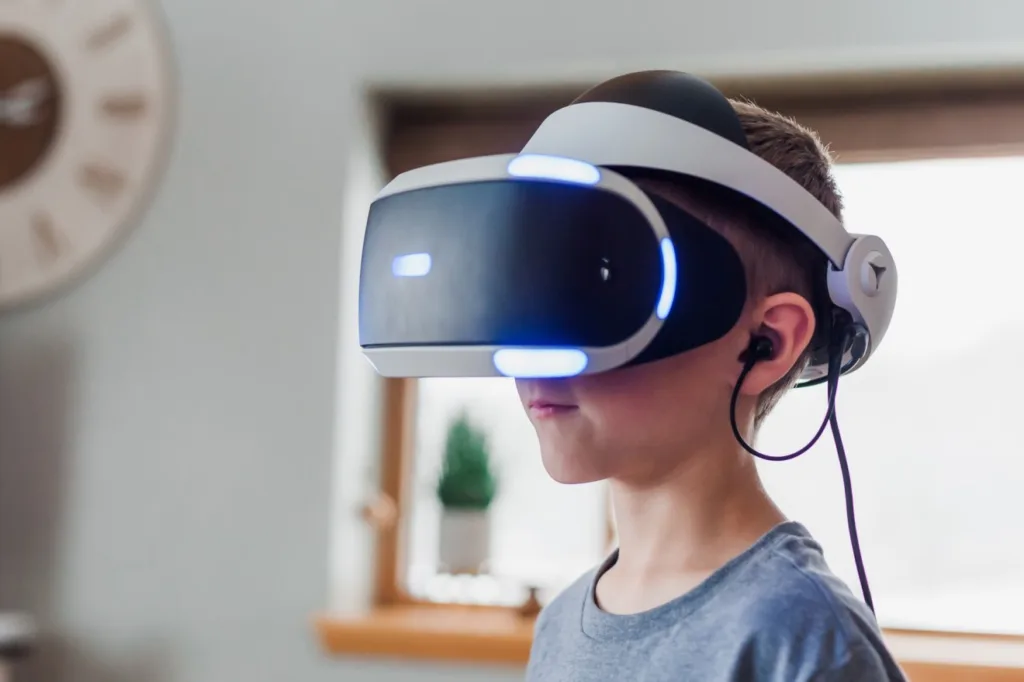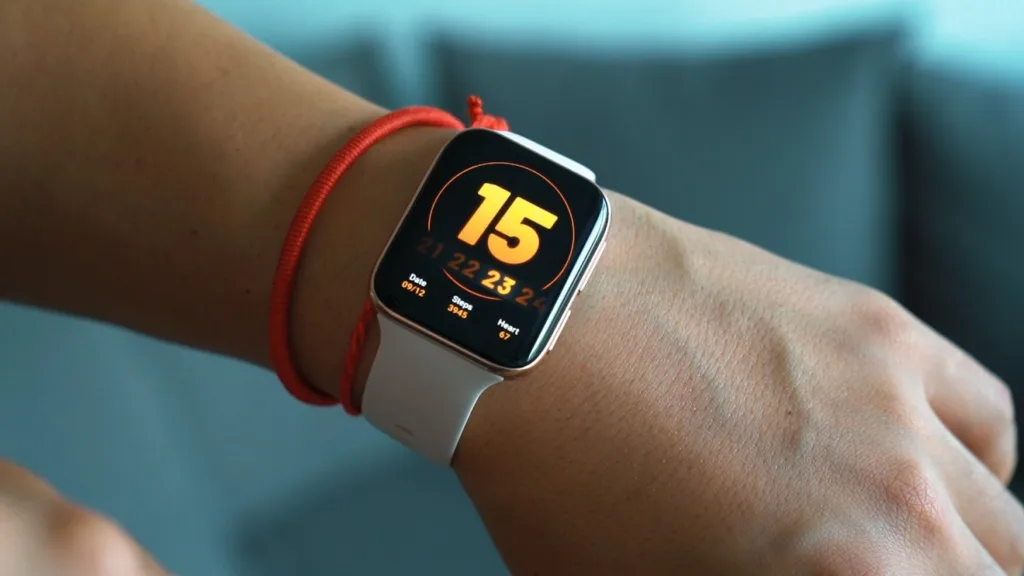Ubiquitous Computing, often referred to as pervasive computing or ambient intelligence, describes a paradigm where computing is seamlessly integrated into everyday objects and environments, making technology pervasive yet unobtrusive. It envisions a world where computing capabilities are embedded in the fabric of our surroundings, enabling constant connectivity and interaction.
History and Development
The concept of Ubiquitous Computing traces its roots back to the late 1980s when Mark Weiser, a computer scientist, proposed the idea at Xerox PARC. Since then, advancements in microelectronics, wireless communication, and sensor technologies have propelled its development, leading to the emergence of smart devices and interconnected systems.
Technological Components
Ubiquitous Computing relies on a network of sensors, actuators, and intelligent software systems to collect, process, and disseminate information. These components enable real-time data acquisition, analysis, and response, forming the backbone of smart environments and systems.
Applications in Various Sectors
Ubiquitous Computing finds applications across diverse sectors, revolutionizing industries such as healthcare, transportation, retail, and smart homes. In healthcare, for instance, wearable devices and remote monitoring systems facilitate personalized care and early detection of health issues.
Challenges and Limitations
Despite its transformative potential, Ubiquitous Computing faces challenges related to privacy, security, and technological complexity. Concerns about data privacy and security breaches remain prominent, requiring robust encryption and authentication mechanisms to safeguard sensitive information.
Future Prospects
The future of Ubiquitous Computing holds promise, with ongoing research and development driving innovation in areas such as artificial intelligence, edge computing, and Internet of Things (IoT) technologies. Integration with emerging paradigms like 5G and edge computing is poised to unlock new capabilities and applications.
Impact on Society
Ubiquitous Computing is reshaping the fabric of society, influencing economic dynamics, social interactions, and urban environments. It fosters efficiency, convenience, and connectivity, but also raises questions about digital divide and access inequalities.
Case Studies
Numerous case studies illustrate the practical implications of Ubiquitous Computing, from smart cities optimizing resource allocation to precision agriculture enhancing crop yields. These examples showcase the diverse applications and benefits of pervasive technology.
Ubiquitous Computing and Sustainability
In the context of sustainability, Ubiquitous Computing offers opportunities for resource optimization, energy efficiency, and environmental monitoring. Smart grids, for instance, leverage real-time data to optimize energy distribution and reduce carbon emissions.
Ethical Considerations
Ethical considerations surrounding Ubiquitous Computing encompass issues of data privacy, algorithmic bias, and social equity. As technology becomes increasingly embedded in daily life, addressing these concerns becomes paramount to ensure equitable access and protection of individual rights.
Education and Awareness
Promoting education and awareness about Ubiquitous Computing is essential to foster digital literacy and empower users to make informed decisions. Initiatives aimed at demystifying technology and addressing misconceptions can bridge the gap between innovation and public understanding.
Government Regulations and Policies
Effective regulation and policy frameworks are crucial to govern the deployment and usage of Ubiquitous Computing systems. Governments play a pivotal role in setting standards, enforcing compliance, and protecting consumer rights in the digital age.
Collaborative Research and Innovation
Collaborative efforts between academia, industry, and government are instrumental in advancing Ubiquitous Computing research and innovation. Multidisciplinary approaches facilitate knowledge exchange, cross-sector partnerships, and breakthrough discoveries.
Conclusion
In conclusion, Ubiquitous Computing represents the foundation of a smart society, enabling seamless integration of technology into daily life. While challenges persist, its potential to drive innovation, enhance efficiency, and improve quality of life is undeniable.
FAQs
- What are the main benefits of Ubiquitous Computing?
- Ubiquitous Computing offers benefits such as enhanced connectivity, personalized experiences, and improved efficiency in various domains.
- How does Ubiquitous Computing impact privacy?
- Ubiquitous Computing raises concerns about data privacy due to the pervasive collection and analysis of personal information. Robust privacy measures are essential to mitigate risks.
- Is Ubiquitous Computing only for developed countries?
- While Ubiquitous Computing is more prevalent in developed countries, its adoption is increasingly global, driven by advances in technology and infrastructure.
- What are some examples of Ubiquitous Computing in daily life?
- Examples include wearable fitness trackers, smart home devices, traffic management systems, and public transportation tracking apps.
- How can businesses leverage Ubiquitous Computing for growth?
- Businesses can leverage Ubiquitous Computing to enhance customer experiences, optimize operations, and unlock new revenue streams through data-driven insights.



